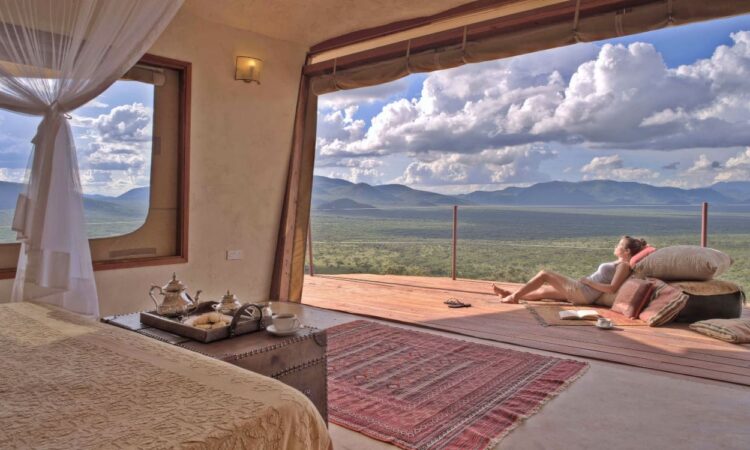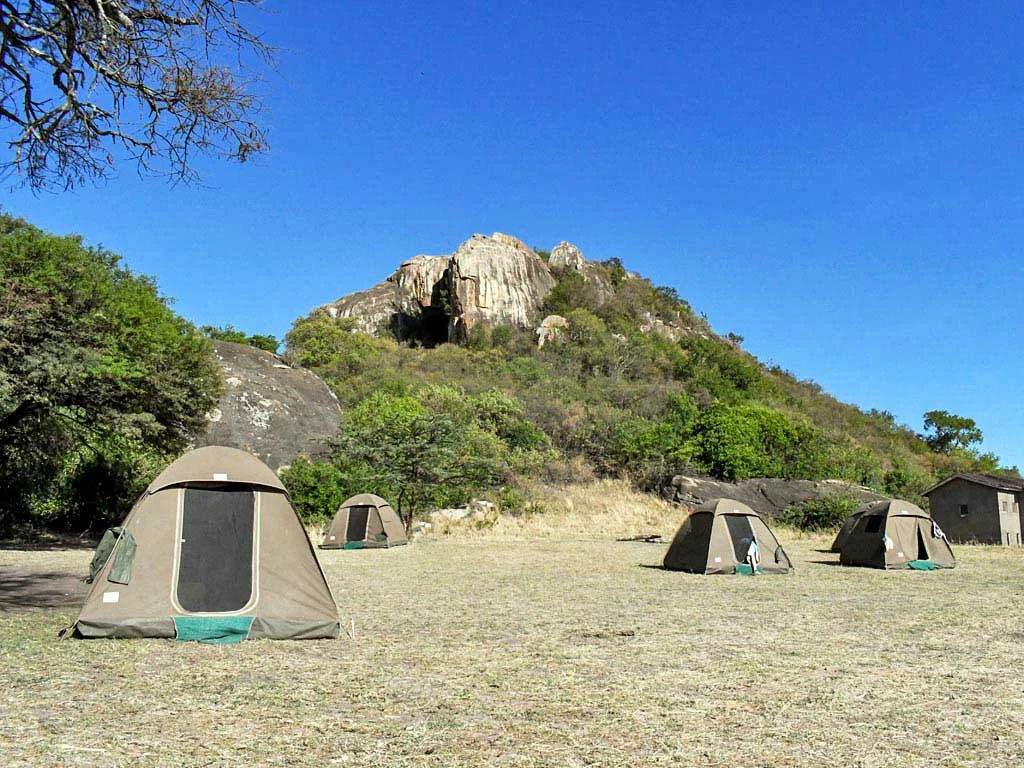Is Kenya safe to Travel : Kenya is a relatively secure place to visit when compared to some of the neighbouring African nations, but large cities like Nairobi have high crime rates, and the government has issued numerous travel advisories alerting visitors to the possibility of terrorism. There will always be pickpockets and beggars attracting unwelcome attention to travellers. Having a little common sense goes a long way in Kenya, from street con artists to more serious threats, and being informed about the local circumstances is crucial wherever you go. To ensure your safety while visiting Kenya, be aware of these things.

Crimes in Nairobi
Nairobi is a tourist hub and the only city in the world with a National park ( Nairobi National Park). Nairobi has earned the nickname “Nairobby.” and in recent years, both safety and crime rates have significantly decreased. Some minor crimes like pickpocketing and theft are still being experienced in Nairobi. It is important to remain mindful of your surroundings and valuables on public transportation and in crowded places in any metropolitan setting. Pickpocketing occurs frequently at packed events like festivals and bars. If you know you’ll be at a packed event, be cautious with your personal items or, better yet, leave everything you don’t need at home.
During the day, you will be able to stroll around Nairobi and other towns in Kenya without any restrictions. You will be at ease and haven’t encountered any problems. To avoid any potential accidents at night, it is advisable to choose a motorised method of transportation rather than going on a stroll. If you’re travelling alone, you should normally stay away from a few neighbourhoods in Nairobi. These neighbourhoods include downtown Nairobi, which includes the notorious River Road, and Kibera, which is the largest slum in East Africa. Although crime rates are declining in certain districts of Nairobi, as they are in all of the city, problems can still arise.
Since the neighbourhoods are packed and not usually frequented by tourists, you might unintentionally attract attention. However, you would suggest locating a walking tour if you’re interested in seeing some of these neighbourhoods. There are some great ones available through Airbnb Experiences and neighbourhood businesses that put you in touch with guides from Kibera and the city centre. These guides can help you safely navigate the streets while giving you some background information on the history and culture of the area.
Availability of clean Tap water
Tap water should only be boiled or purified before drinking. To avoid purchasing bottled water, carry a reusable water bottle with purification tablets or a water filter bottle, such the water bottle, and keep it filled with filtered water. The majority of establishments sell bottled water if you run out. Just ask. A lot of them even have filtered water available.
Food hygiene
While it’s not a huge cause for concern, be mindful of what food you eat and where, like in most countries. There are many fresh native fruits such as avocados, passion fruits, mangos, and pineapple are available in Kenya. Peeled fruits are all safe to consume. When handling unpeeled or raw fruits and vegetables, exercise extra caution. There are several of great eateries from Nairobi to the coast that provide salads and dishes heavy in vegetables from the increasing number of nearby farms. It’s my personal opinion that visiting street food booths is the best way to discover a nation’s cuisine, but you should exercise caution while consuming meat because you never know how long it has been refrigerated.
Malaria in Kenya
Malaria is a major threat in some parts of Kenya, but not in others. Malaria is more common along the coast and around Lake Victoria. Generally speaking, Nairobi has a low malaria risk. Lower risk areas in Kenya include the Rift Valley, the Central, Eastern, and Western Provinces, and the highlands of Nyanza (above 2500m).It is known that mosquitoes that spread malaria appear in the evening, wearing light clothing and using insect repellent during these times can lower the chance of experiencing mosquito bites. For protection while you sleep, mosquito nets are typically attached to beds. It is recommended to get tested if you think you may have malaria if you are experiencing symptoms (fever, poor energy, chills, and lack of appetite), which are comparable to the regular flu symptoms that come on in two-day cycles.
If necessary a test and medicine may be obtained easily, and clinics across the country are well-equipped to treat malaria, usually to a far greater extent than in countries where the illness has been eradicated. Kenya’s medical facilities and systems are very good and definitely better than those in other East African countries. You can locate a sizable concentration of clinics and hospitals in Nairobi in particular, which can assist you in the event that you require medical care. Additionally, the pharmacies have plenty of stock for your everyday needs.
Road safety in Kenya
Motorbikes are a popular mode of public transit in Nairobi and a convenient means of navigating its crazy traffic. There are a lot of potholes and unfinished roads, trucks and vehicles are a major rival for motorbikes, not to mention a lot of ridiculous traffic laws. If you intend to use motorcycles, it is imperative that you carry a helmet.
Hiking and Camping
Hiking and wild camping are great ways to see Kenya, and they’re relatively crime-free, except from a few hills outside of Nairobi. Kenya is part of East Africa. The natural world and wildlife are your main concerns. If you intend to trek more difficult, high-altitude routes like Mount Kenya, be sure to pack thick clothing to defend against freezing temperatures and rain, as well as enough food and water, and, as a precaution, medication for altitude sickness.

There are other regions such as Lake Magadi which is close to Tanzania, the region can record high temperatures. It is crucial to include shade, water, and electrolytes in case of dehydration for hiking and camping in those areas. It is also important to be mindful of the wildlife when wild camping in areas like as Tsavo National Park and other nature reserves. Before embarking on a solo journey, familiarise yourself with safety procedures and rules regarding interactions with wildlife.
Kenya safari for solo female traveller
Travelling to Kenya as a woman will generally be trouble-free. The majority of individuals speak English, and the residents are polite, kind, and welcoming. Women having been harassed by men has been reported. Steer clear of the beach and night time strolls by yourself.
If you are going out at night, even if you are going with others, use a taxi. Also, try not to become very inebriated, just as you would at home or anywhere else. On Kenya safari tour dress like you would in Europe or the US since Nairobi and the core parts of coastal towns like Diani and Watamu are very western. More conservative clothing is preferable in rural areas in order to blend in with the local culture and attract less notice. Wear loose long dresses and skirts, or loose trousers and tops.


